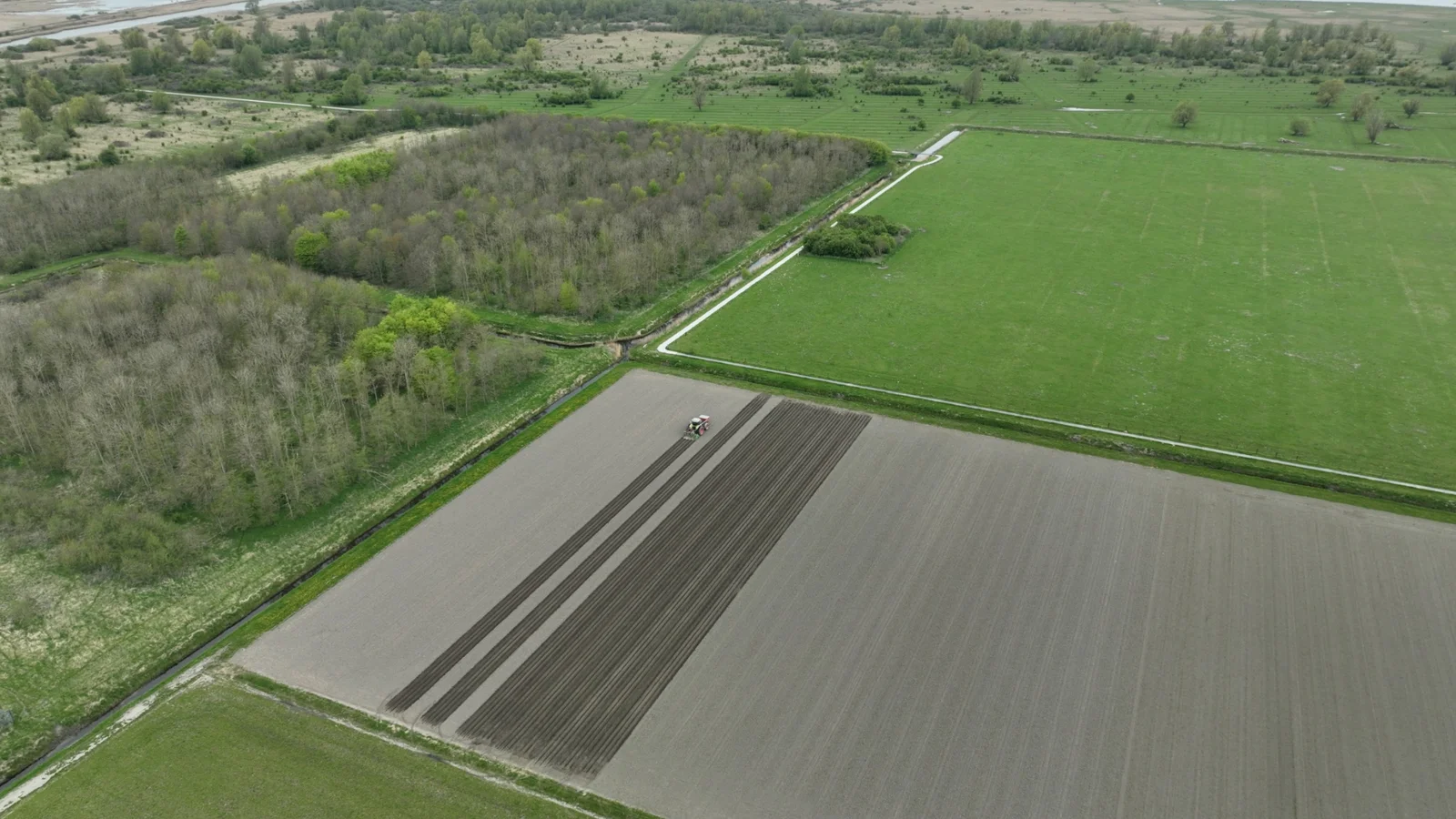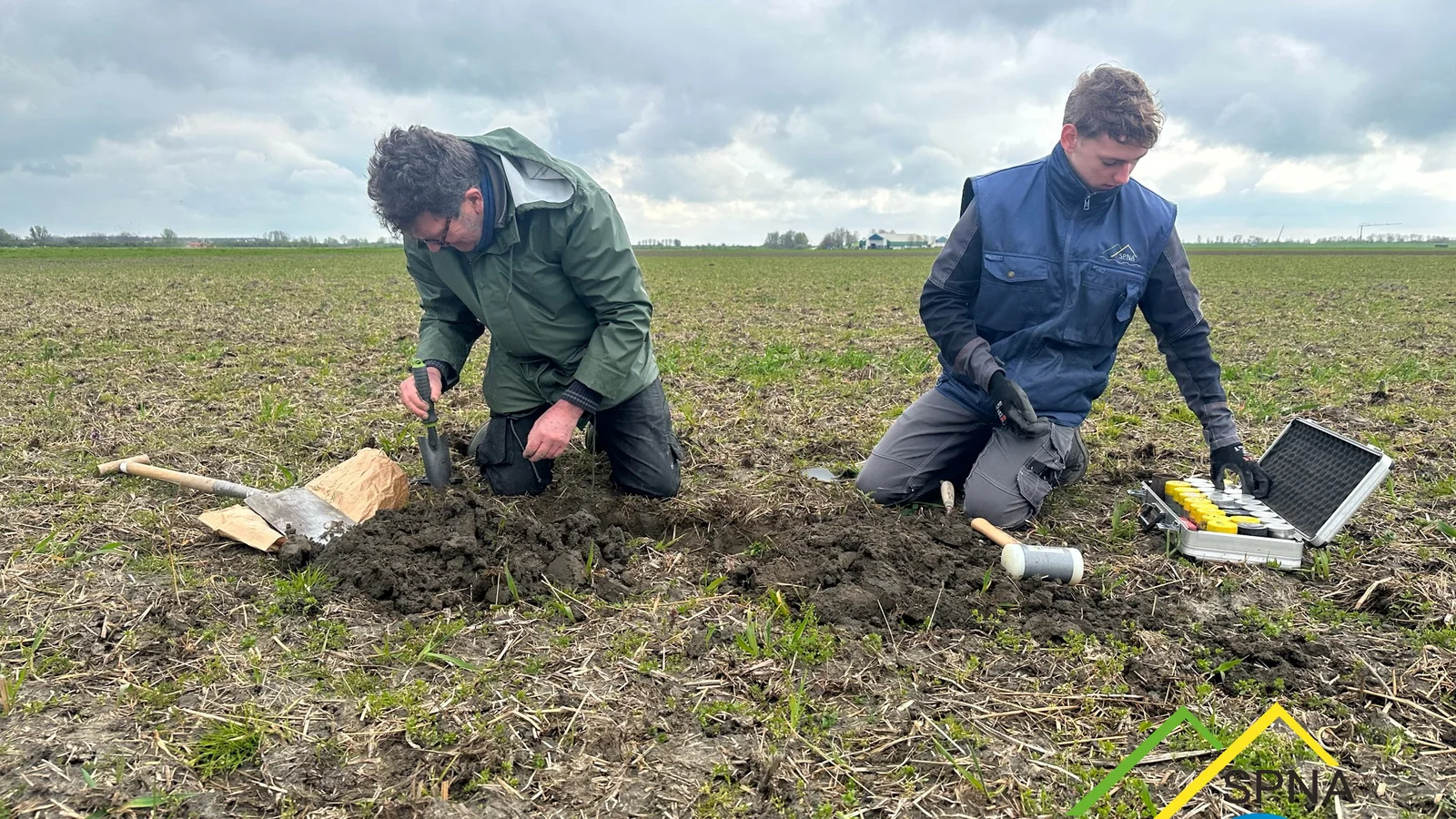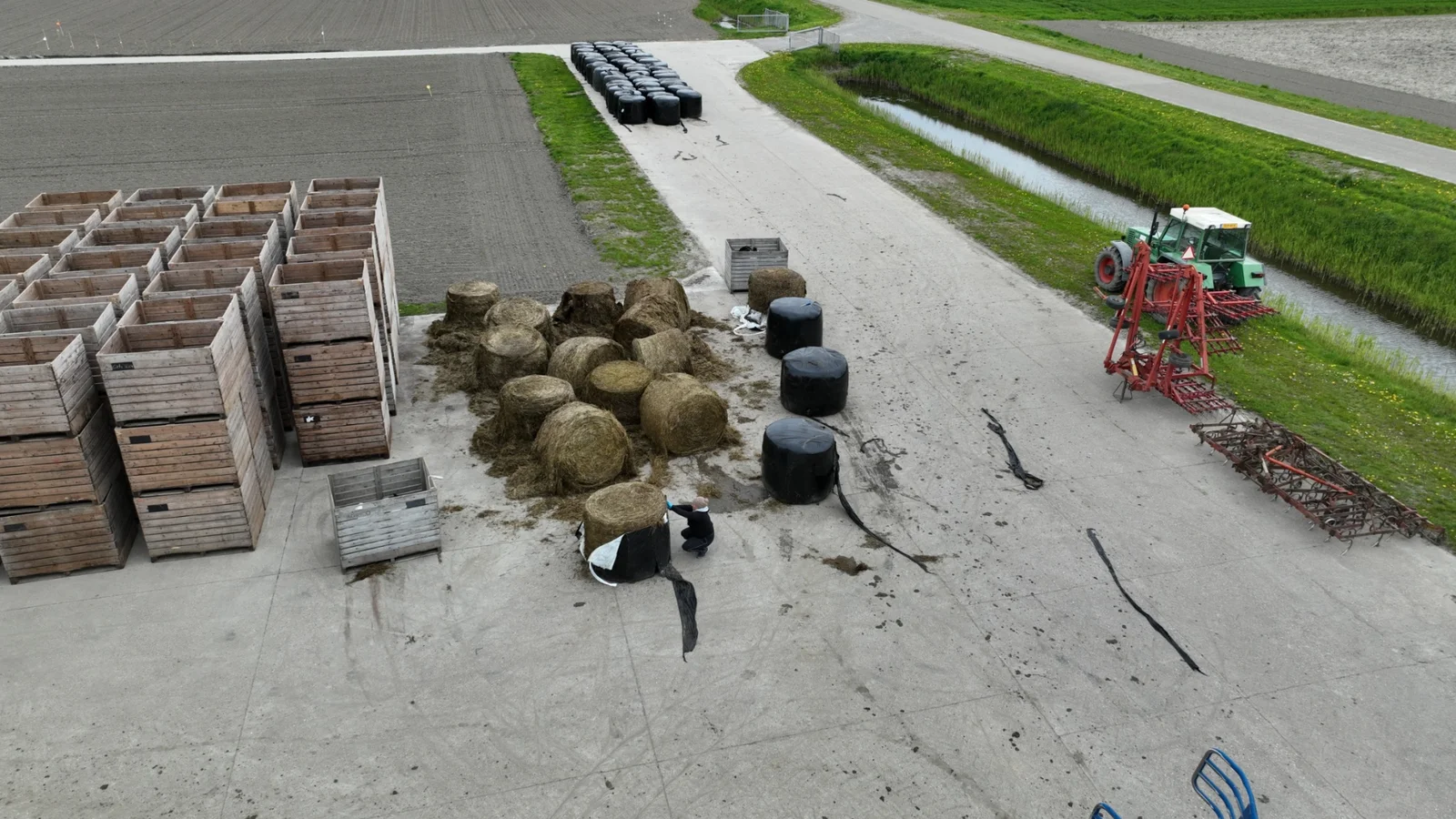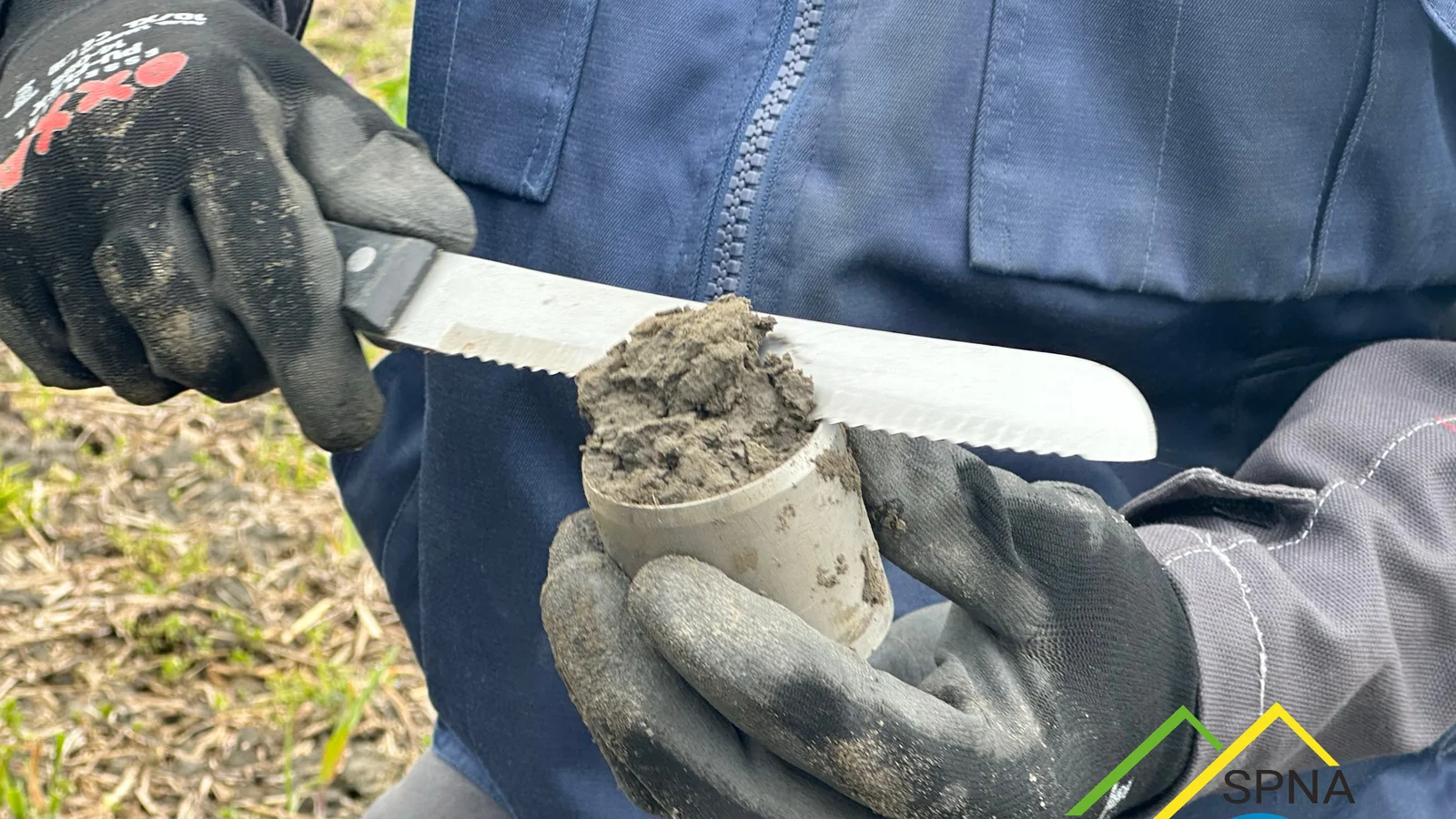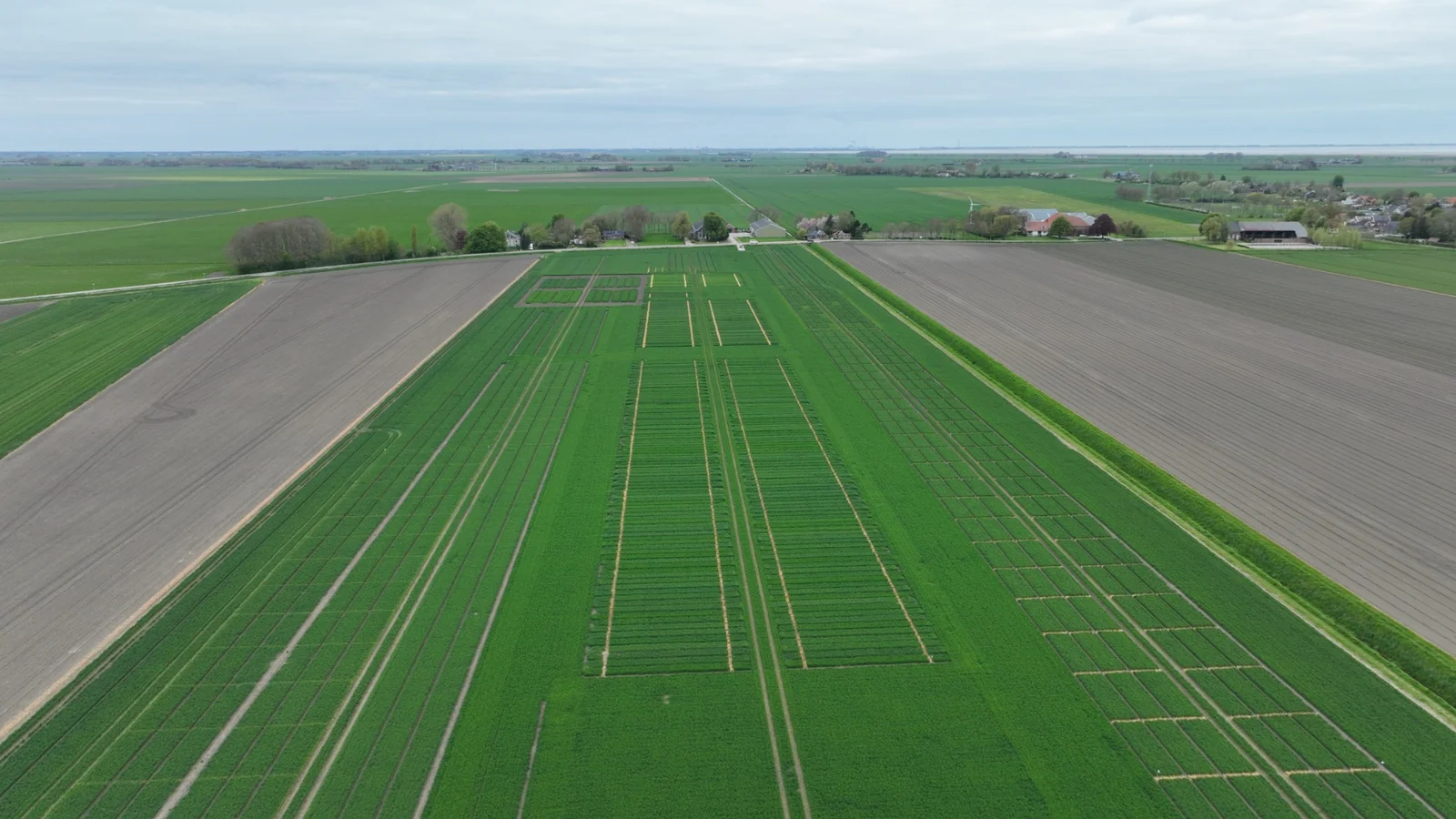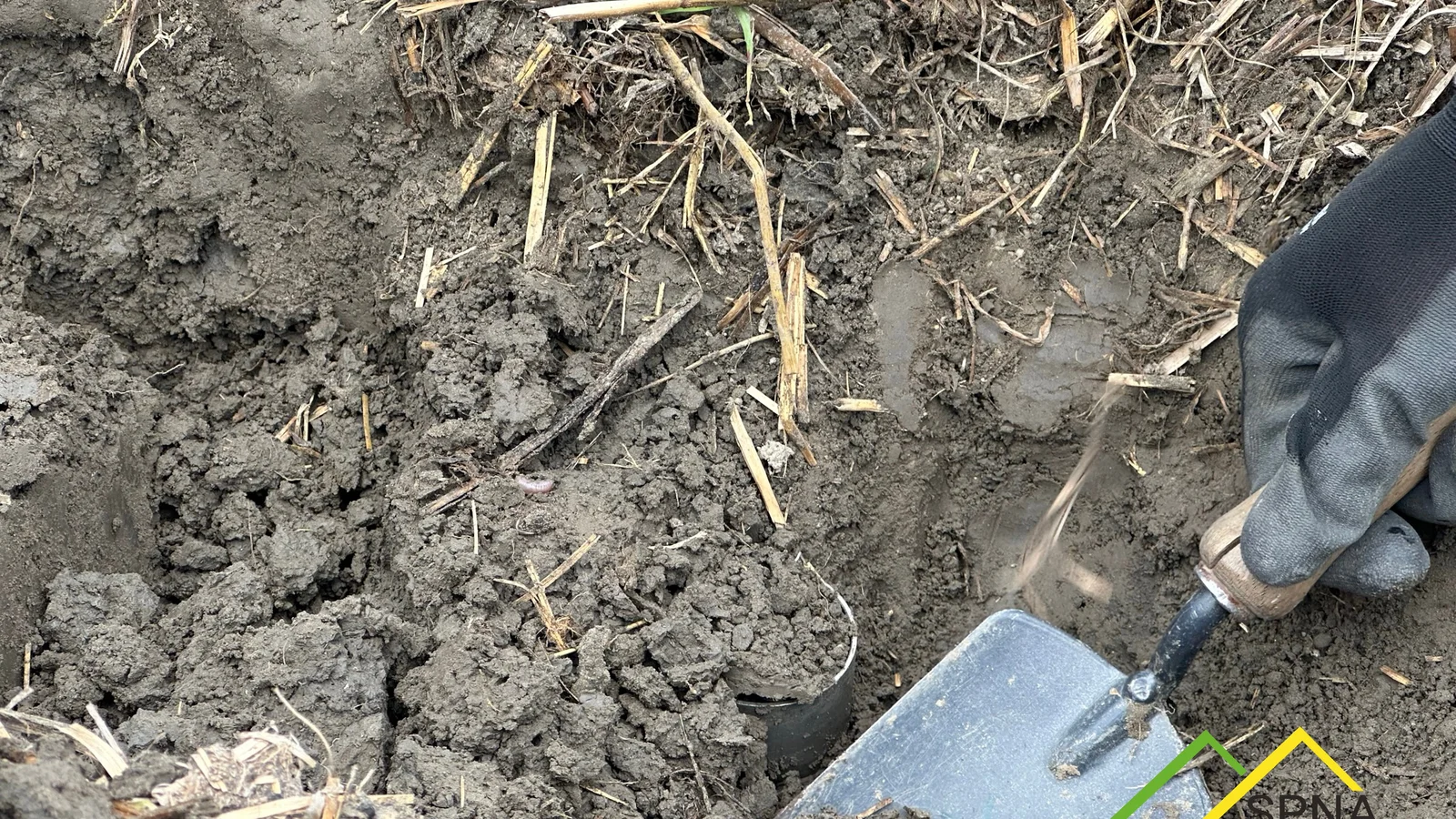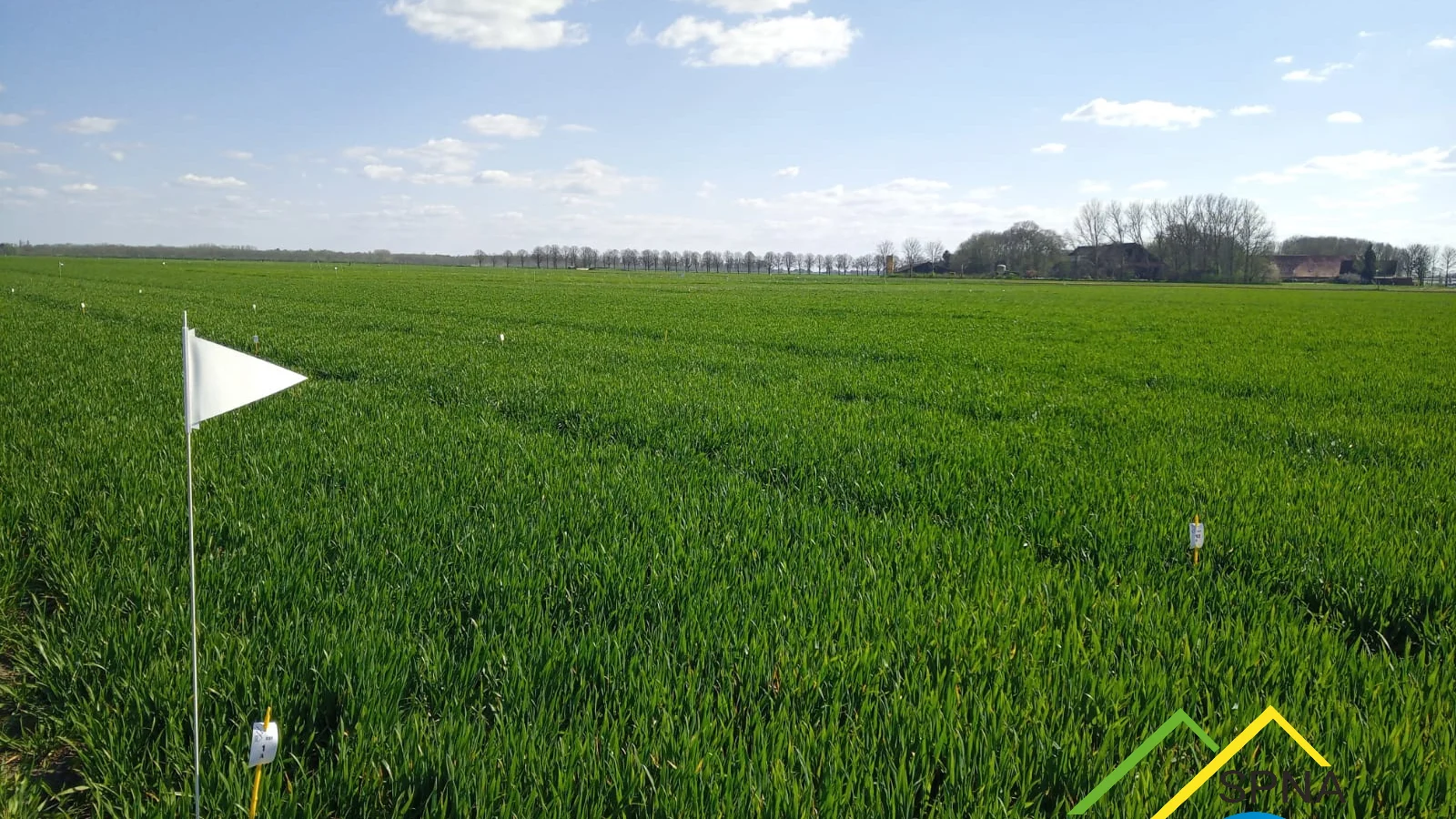Netherlands
Description
SPNA Ebelsheerd
SPNA Ebelsheerd is located on heavy clay soils in a cereal-growing region. The experimental farm Ebelsheerd has both organic and conventional fields on a total area of 112 ha. The conventional crops grown are winter wheat, winter barley, rapeseed, onions, sugarbeet and lucerne. The organic crops grown are spring wheat, pumpkins and string beans. The NBS solutions will be trialled on 3 ha land.
SPNA Kollumerwaard
SPNA Kollumerwaard is located on reclaimed clay soils in a region growing mainly seed potatoes. The experimental farm also has both organic and conventional fields. The conventional crops grown are seed potatoes, sugarbeet, wheat and barley, and the organic crops are seed potatoes, carrots, oats, grass-clover mixtures, wheat and pumpkins. The NBS solutions will be trialled on 20 ha.
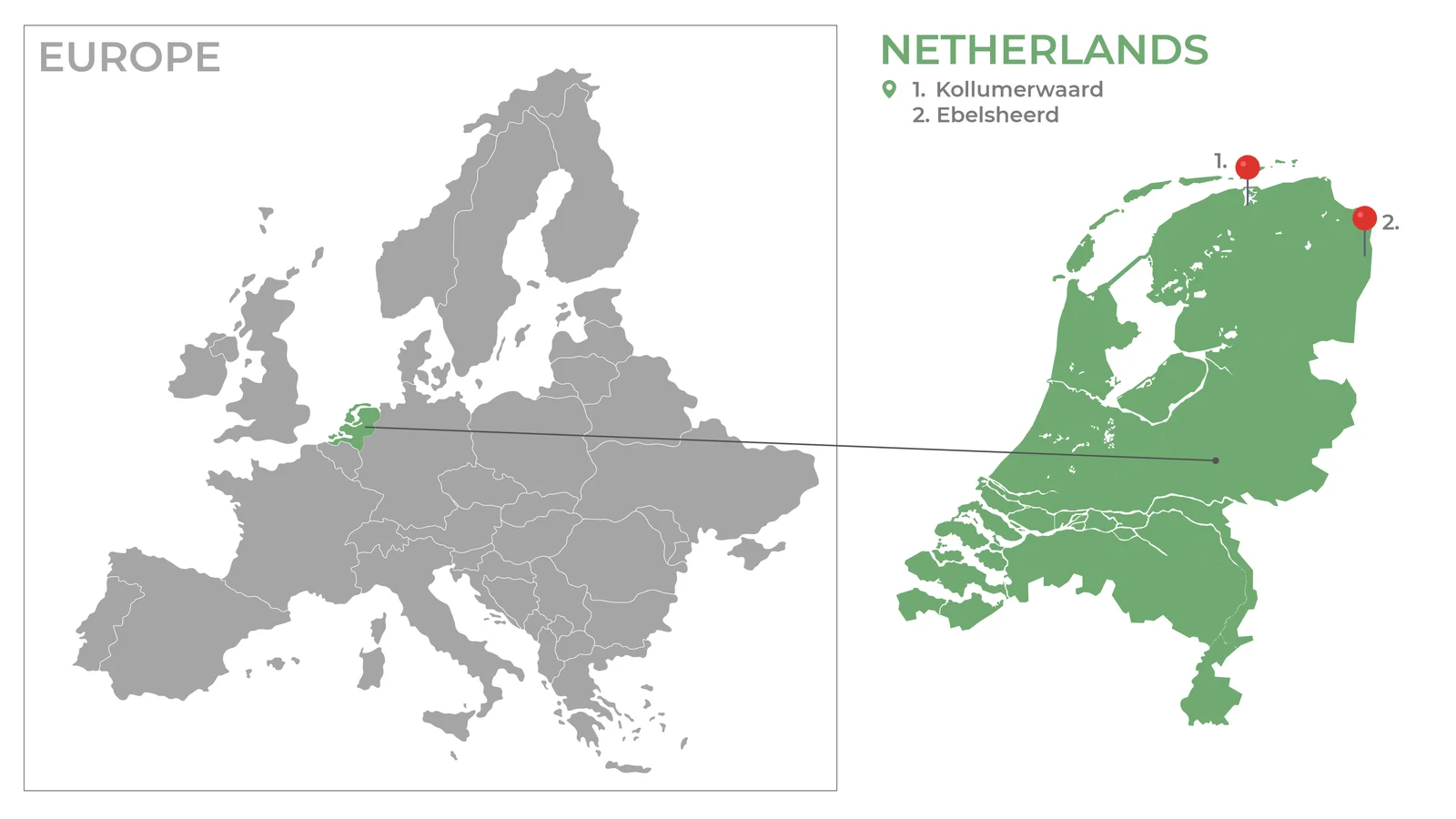
Challenges
trans4num is testing the use of more natural approaches to crop nutrient management in three contrasting farming systems in the region:
- An organic farming system with potatoes, wheat and carrots. Possible nutrient sources include grass-clover mixtures and lucerne etc., both for mulching and silage;
- A conventional farming system with wheat in rotation, and;
- A regenerative arable organic farming system with potatoes in rotation.
All field trials will be conducted on the SPNA Ebelsheerd and Kollumerwaard experimental farms. The SPNA researchers will collaborate with farmer groups at the study sites to design and test the NBS innovations and disseminate the results. Comprehensive soil and crop data will be collected from both sites for evidence-based decision-making.
trans4num NBS test site
Cover crops in rotation with seed potatoes
Cover crops have several benefits issues, buffering uncertainties in the supply of fertilisers and improving soil quality. Farmers have their own preferences regarding which cover crops to sow but need more information on when best to destroy and incorporate them into the soil to optimise the availability of nutrients for the following potatoes. SPNA will research the availability of soil nutrients when the cover crop is destroyed at different times before sowing the seed potatoes.
Grass-clover mixtures in rotation with organic winter wheat
Organic winter wheat is mainly fertilised with animal manure; however, there are shortages of manure in the region and farmers are looking for alternatives. SPNA is therefore researching the use of grass-clover mixtures grown in rotation.
Lucerne and grass-clover pellets for fertilising winter wheat
Trials at SPNA Ebelsheerd will test the use of lucerne and grass-clover pellets (a form of biofertiliser) as an innovative alternative to the conventional use of mineral fertilisers. Comparison of the mineral and biofertilisers will include investigation of the impact upon both short- and longer-term soil nutrient status and crop yield and quality.
Multimedia products
Video: Introduction to the Dutch NBS site Presentation: Introduction to the Dutch NBS site Video: Cover crops in a potato based crop rotation Presentation: Cover crops in a potato based crop rotation Factsheet: NL NBS site
The Netherlands NBS Team
STICHTING PROEFBOERDERIJEN NOORDELIJKE AKKERBOUW
westerhof@spna.nl
Henk Westerhof
WAGENINGEN UNIVERSITY
coen.ritsema@wur.nl
Prof. Dr. Coen Ritsema

